Play is far more than simple amusement for pets—it’s a biological imperative critical to their holistic development. For companion animals, structured and unstructured play directly shapes cognitive abilities, emotional resilience, and lifelong physical fitness. Understanding this dual impact empowers owners to significantly enhance their pet’s quality of life.
Cognitive & Emotional Enrichment Through Play
Play serves as fundamental mental exercise. Activities triggering problem-solving—such as puzzle feeders hiding kibble or treat-dispensing balls—actively combat boredom and reduce anxiety-driven behaviors like excessive barking or destructive scratching. Neurologically, play stimulates neurotransmitter production, including serotonin and dopamine, which regulate mood. This is particularly vital for young animals; kittens engaging in mock hunting (pouncing on feather wands) develop crucial neural pathways for coordination and environmental assessment. Social play, like gentle tug-of-war with rules, reinforces bite inhibition in puppies and strengthens human-animal bonds through positive interaction, mitigating separation distress. Regular play sessions create predictable routines, offering security and reducing stress hormones like cortisol.
Physical Development & Health Maintenance
The physical demands of active play directly correlate with metabolic health. For dogs, sustained games like fetch or flirt pole sessions elevate heart rates, improving cardiovascular endurance and aiding weight management—a key factor in preventing obesity-related conditions such as arthritis or diabetes. Agility-based play enhances proprioception (body awareness) and flexibility. Cats derive immense benefit from vertical play; climbing cat trees or chasing laser pointers (always ending with a tangible toy) fulfills instinctual jumping/stalking urges while maintaining lean muscle mass. Even small animals require species-specific movement: hamster wheels promote natural running behaviors, while rabbit tunnel systems encourage burrowing simulations essential for joint health. Veterinarians consistently link adequate daily play with stronger immune function and improved digestive regulation across species.
Species-Specific Play Strategies
Dogs: Combine physical exertion with mental tasks. Use kibble-dispensing toys for meals, incorporate short training sessions (“find it!” scent games) into playtime, and rotate toys weekly to sustain novelty. Ensure off-leash running in secure areas for full-body exertion.
Cats: Mimic prey sequences. Initiate with wand toys mimicking erratic bird movements, allow “capture,” then provide a small food reward. Offer solo-play options like battery-operated fluttering toys or crinkle balls for independent engagement. Provide scratching posts near play zones.
Small Mammals (Rabbits, Guinea Pigs): Encourage foraging by hiding leafy greens in cardboard tubes or paper bags. Use tunnels and low platforms for exploration. Gentle tosses of hay-based toys stimulate curiosity. Always supervise interactions with new objects.
Safety & Best Practices
Prioritize pet safety during play. Select toys appropriate for the animal’s size and chewing strength—avoid small parts posing choking hazards. Supervise string or rope toys to prevent intestinal blockage if ingested. Schedule play during cooler parts of the day for brachycephalic breeds. Observe pets for fatigue cues (heavy panting, lying down) and provide water breaks. Consult a veterinarian before introducing strenuous activities to senior pets or those with pre-existing conditions.
Ultimately, integrating purposeful play is non-negotiable for responsible pet guardianship. It transcends basic entertainment, functioning as preventative healthcare and essential cognitive enrichment. By dedicating focused, daily play sessions tailored to their pet’s species and individual needs, owners actively invest in their companion’s longevity, behavioral stability, and overall happiness, forging a deeper, more rewarding interspecies bond.

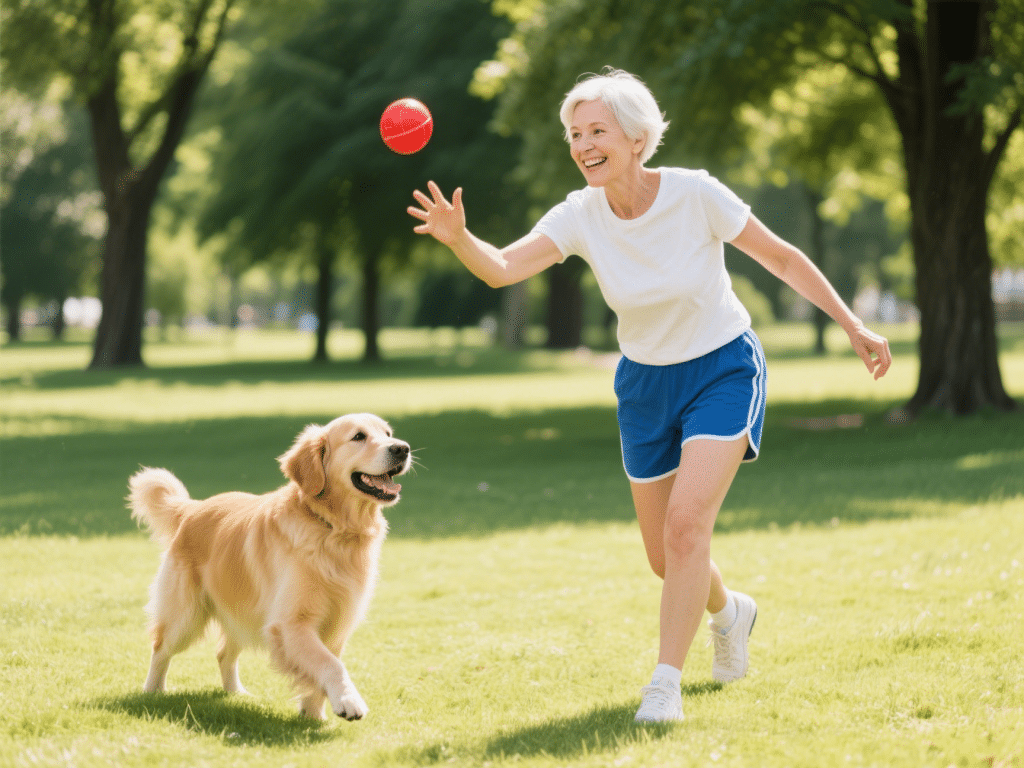


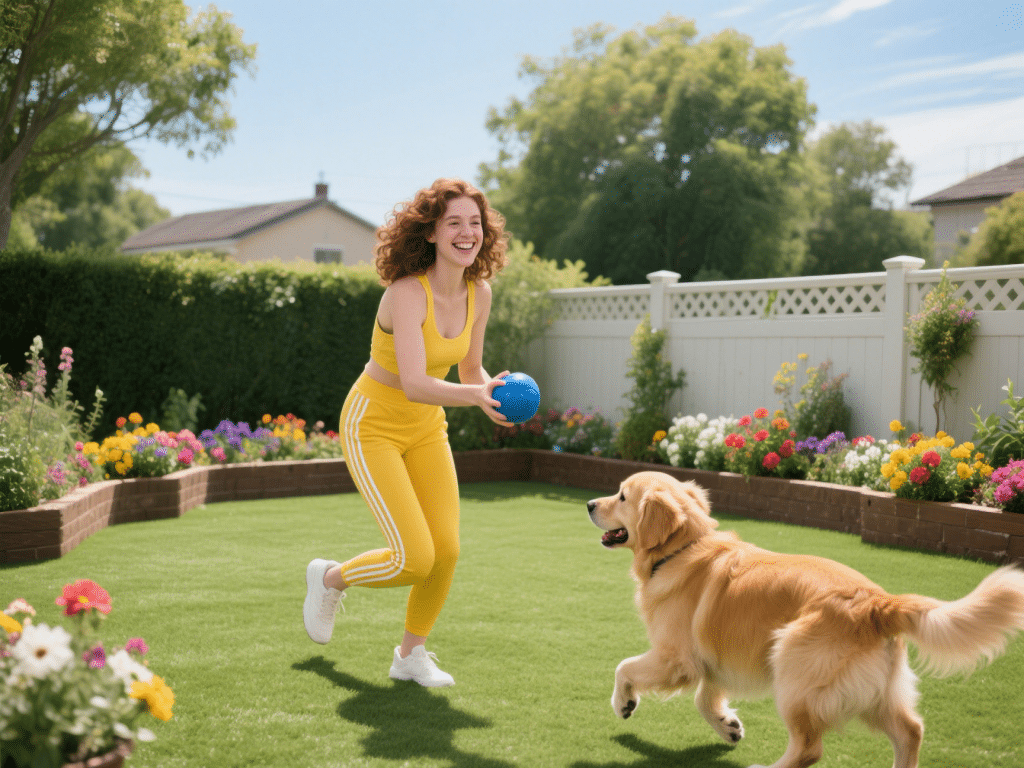

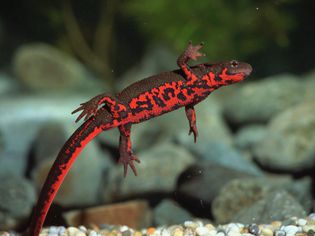
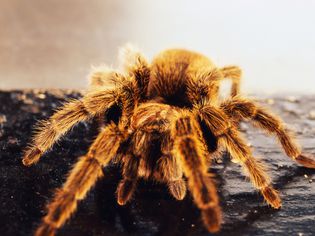
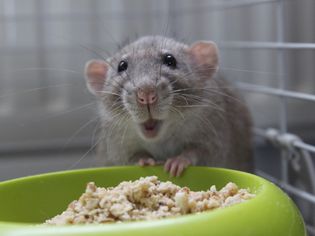
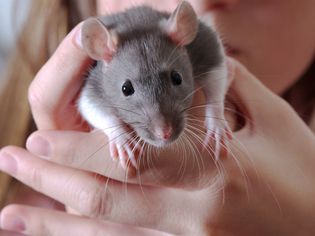
Comments on "The Role of Play in Pet Development: Importance for Mental and Physical Health" :